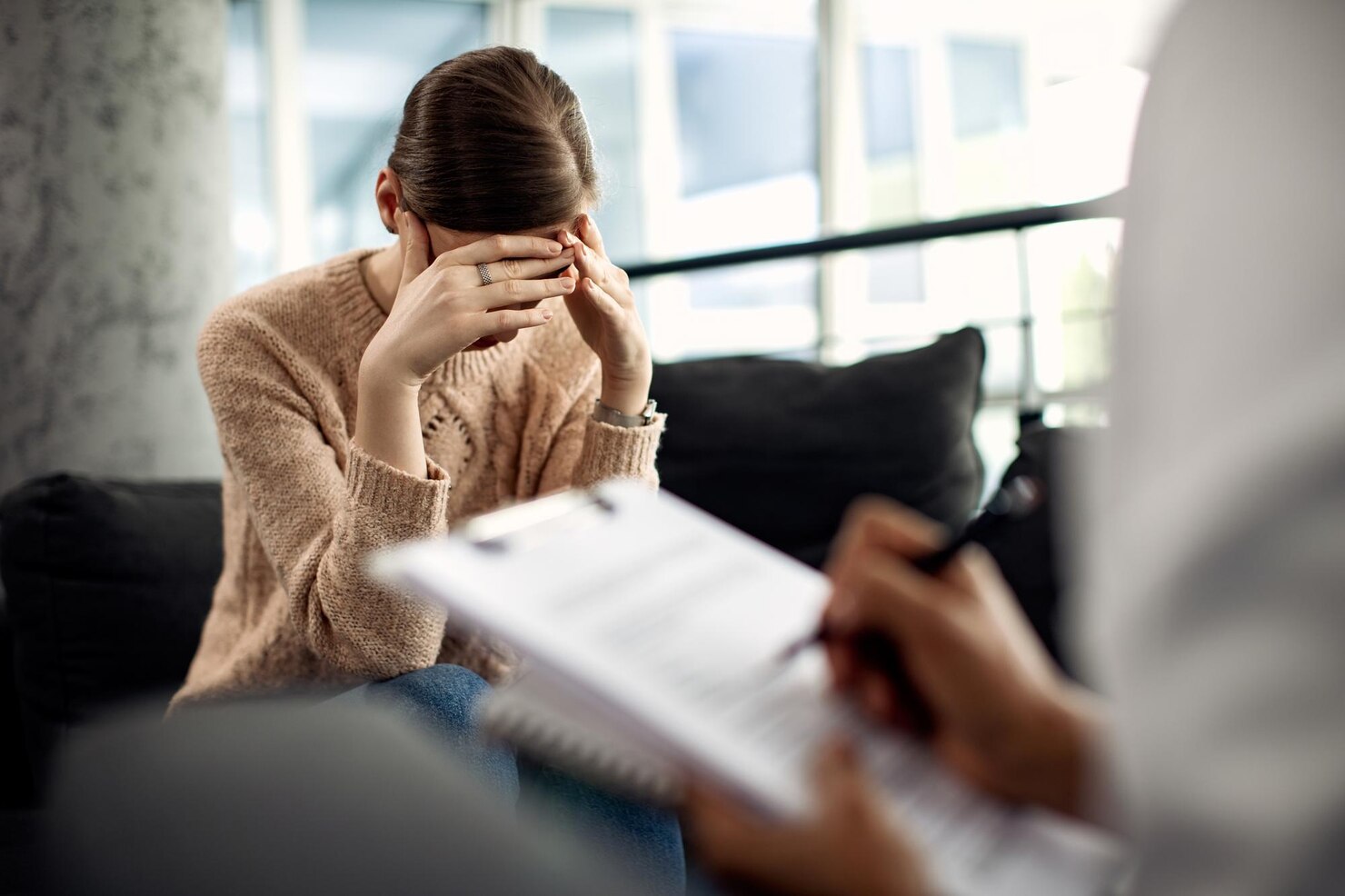Understanding the Link Between Clutter and Mental Health
Clutter is often an unavoidable part of life, but its impact on mental health can be profound. Our living and working environments significantly influence our mental well-being. When these spaces become overwhelmed with clutter, the effects can extend far beyond mere physical disorganization. Those struggling with clutter may find solace in practical solutions such as self storage in Huntingdon, which can help reclaim their living spaces and, by extension, their peace of mind.
Clutter can lead to feelings of anxiety, stress, and even depression. It’s not just about the physical mess, but the mental and emotional toll that a cluttered environment can take. For many, a cluttered space equates to a cluttered mind. The constant visual reminder of tasks undone can prevent relaxation and increase feelings of being overwhelmed.
How Clutter Affects the Brain
Research has shown that clutter can have a negative impact on our cognitive functions. When we are surrounded by too much stuff, our brains struggle to focus, and our ability to process information diminishes. This can lead to decreased productivity and increased feelings of fatigue and frustration.
Clutter can also affect our sleep patterns. A disorganized bedroom, for example, can interfere with our ability to relax and unwind, leading to poor sleep quality. This, in turn, can affect our overall mood and health, creating a vicious cycle of clutter and mental health issues.
Strategies to Combat Clutter
Decluttering Your Space
One of the most effective ways to combat the negative effects of clutter is to actively work on decluttering your space. Start with small, manageable tasks. Focus on one area at a time, such as a single drawer or shelf, to avoid feeling overwhelmed. Gradually work your way through your home or workspace, tackling one section each day or week.
Decluttering is not just about getting rid of items; it’s also about organising what remains. Invest in storage solutions that work for your space and needs. Shelving units, storage bins, and drawer organisers can help keep your items in order and out of sight, reducing the visual clutter contributing to stress.
Creating a Maintenance Routine
Once you’ve decluttered your space, it’s important to establish a routine to maintain it. Regularly scheduled cleaning and organizing sessions can prevent clutter from accumulating again. Make it a habit to tidy up at the end of each day, putting items back in their designated places.
Consider implementing a “one in, one out” rule: for every new item that enters your space, an old one must leave. This can help keep your belongings in check and prevent the slow creep of clutter over time.
Psychological Benefits of a Decluttered Space
Increased Productivity
A clean and organised environment can significantly boost your productivity. When your space is free from distractions, your mind is better able to focus on the task at hand. This can lead to more efficient work habits and a greater sense of accomplishment.
Enhanced Mental Clarity
Living in a clutter-free environment can also enhance your mental clarity. With fewer distractions, you can think more clearly and make better decisions. This can reduce feelings of overwhelm and increase your overall sense of control and well-being.
Practical Tips for Decluttering
Start Small and Be Consistent
Decluttering can be a daunting task, but it’s important to start small and be consistent. Begin with a single drawer or shelf and work your way up to larger areas. Set aside a specific time each day or week to focus on decluttering.
Use Storage Solutions Wisely
Effective storage solutions can make a significant difference in your decluttering efforts. Use clear storage bins to keep items organized and visible. Label boxes and shelves to ensure everything has its place, making it easier to find what you need when you need it.
Letting Go of Unnecessary Items
One of the hardest parts of decluttering is letting go of unnecessary items. Be honest with yourself about what you need and use. If an item doesn’t serve a purpose or bring you joy, it may be time to let it go. Donate, recycle, or dispose of items responsibly to minimize waste.
Final Thoughts
The impact of clutter on mental health is undeniable. Taking proactive steps to declutter and organize your space can reduce stress, increase productivity, and enhance your overall well-being. Remember, the goal is not to achieve perfection, but to create an environment that supports your mental and emotional health. With patience and persistence, you can reclaim your space and enjoy the benefits of a clutter-free life.






